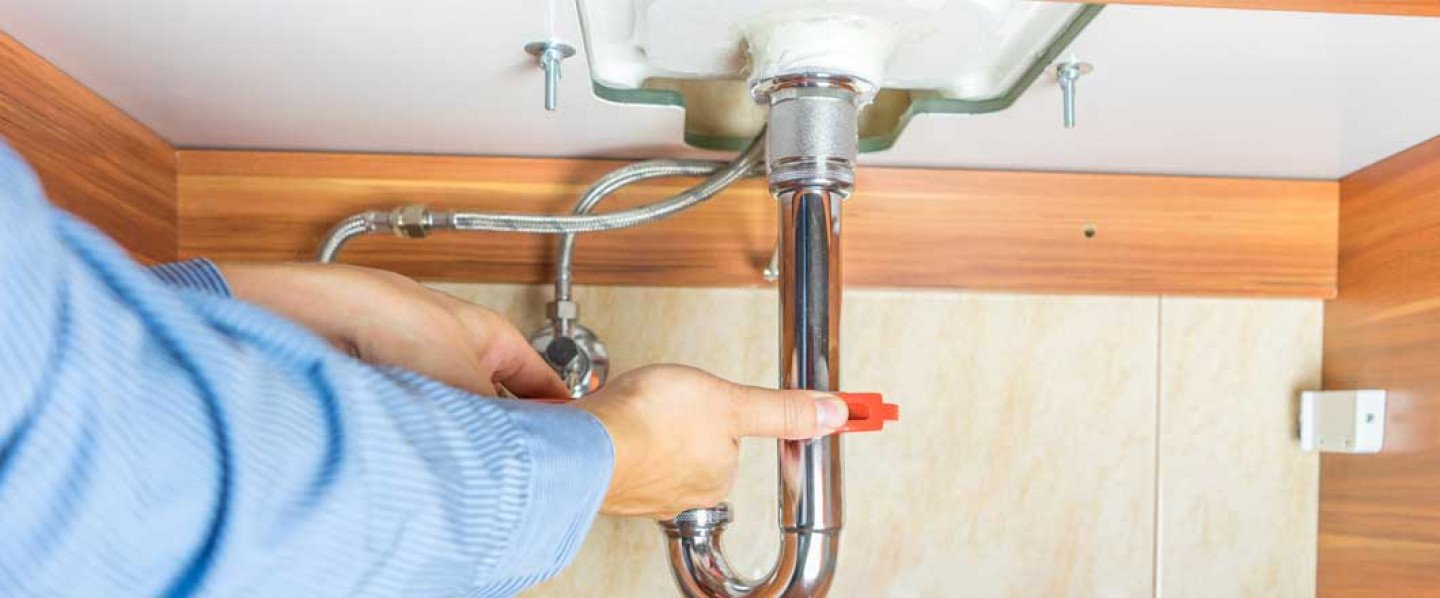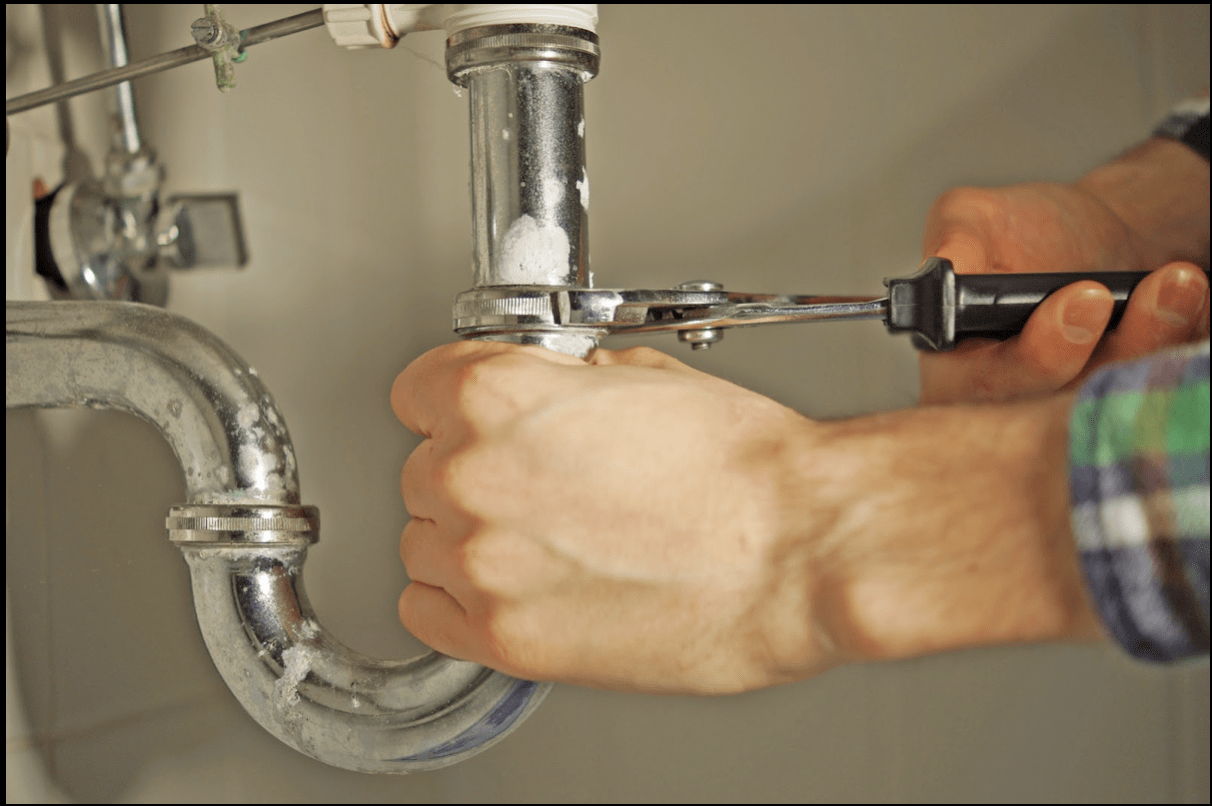Are you currently trying to locate content about Sustainable plumbing solutions for your home tips?

Introduction
In today's world, lasting living is coming to be significantly crucial. One location where homeowners can make a considerable influence is via environment-friendly pipes options. By adopting environmentally conscious techniques, families can decrease their water and energy usage while contributing to a much healthier world.
Greywater Systems
Greywater describes carefully made use of water from sources such as showers, sinks, and cleaning makers. Instead of letting this water go to waste, greywater systems recycle it for non-potable uses such as landscape irrigation and toilet flushing. By executing a greywater system, home owners can conserve fresh water sources and decrease strain on community wastewater therapy facilities.
Rain Harvesting
Rainwater harvesting involves collecting and saving rain for different purposes, consisting of watering, bathroom flushing, and laundry. Rain gathering systems usually include a collection surface area (such as a roofing system), seamless gutters, downspouts, and storage tanks. By gathering rainwater, property owners can lower their reliance on metropolitan water sources and preserve fresh water resources.
Solar Water Heaters
Typical water heaters depend on fossil fuels or electricity to warm water, contributing to carbon exhausts and power consumption. On the other hand, solar water heaters utilize sunlight to warmth water, using a sustainable and eco-friendly option. By harnessing solar power, home owners can lower their energy costs and decrease their carbon impact.
Eco-friendly Pipeline Products
Conventional pipes materials such as copper and PVC can have adverse environmental effects during production and disposal. Nevertheless, there are sustainable choices readily available, such as recycled steel, cross-linked polyethylene (PEX), and high-density polyethylene (HDPE). These eco-friendly pipeline materials offer resilience, longevity, and minimized environmental effect.
Water-Efficient Components
Standard components typically drainage unnecessarily. Nonetheless, contemporary low-flow commodes, taps, and showerheads are developed to lessen water usage without sacrificing performance. These fixtures can significantly decrease household water intake, causing lower water bills and a lowered ecological impact.
Energy-Efficient Home appliances
In addition to water-efficient components, energy-efficient devices can even more reduce a family's ecological footprint. High-efficiency washing machines and dishwashing machines make use of less water and energy per cycle, helping to conserve resources and reduced energy expenses. When searching for devices, look for power STAR ® licensed models for optimal effectiveness.
Smart Water Management Systems
Advances in modern technology have actually made it less complicated than ever to keep an eye on and optimize water use in the home. Smart water administration systems utilize sensors and data analytics to track water usage in real-time, determine leaks, and provide insights for conservation. By carrying out clever water management services, homeowners can reduce waste and make best use of performance.
Wellness Benefits
In addition to environmental benefits, eco-friendly pipes can also contribute to improved interior air top quality and wellness. By utilizing safe materials and lessening chemical direct exposure, property owners can create a much healthier living environment for themselves and their families.
Federal government Motivations
Numerous governments supply monetary rewards to motivate homeowners to embrace environmentally friendly plumbing practices. These rewards might include rebates, tax credits, and low-interest loans for energy-efficient upgrades. By taking advantage of these programs, property owners can make environment-friendly improvements extra inexpensive and obtainable.
Price Considerations
While environmentally friendly pipes options might have higher ahead of time prices than conventional choices, they typically provide long-term financial savings through minimized water and power expenses. In addition, several governments provide motivations such as refunds and tax credit histories for green upgrades, helping to balance out preliminary costs.
Installation and Maintenance
Proper installment and routine upkeep are necessary for making certain the performance and durability of environment-friendly pipes systems. It is necessary to work with qualified experts to set up and service these systems to stay clear of issues and optimize efficiency. Routine maintenance jobs such as looking for leaks and cleansing filters can additionally assist avoid troubles and maximize efficiency.
Environmental Advantages
The environmental advantages of environment-friendly plumbing are significant. By saving water and power, home owners can minimize their carbon footprint and minimize their effect on natural deposits. Additionally, environment-friendly pipes techniques can help safeguard communities and preserve biodiversity for future generations.
Conclusion
Finally, environmentally friendly pipes options offer countless advantages for homeowners and the setting alike. By purchasing water-efficient fixtures, greywater systems, rain harvesting, solar water heaters, environment-friendly pipeline materials, energy-efficient home appliances, wise water administration systems, and other sustainable solutions, houses can minimize their environmental impact, reduced their utility bills, and contribute to a much healthier earth for future generations.
10 Greener Plumbing Solutions for a Sustainable Home
Install Water-Saving Fixtures
One of the most effective ways to conserve water is by installing water-saving fixtures. Low-flow toilets, aerated faucets, and adjustable showerheads are excellent choices. These fixtures reduce water consumption without compromising performance, allowing you to save both water and money.
Embrace Tankless Water Heaters
Say goodbye to energy-hungry traditional water heaters! Tankless water heaters are a greener alternative. Unlike their counterparts, these systems heat water on-demand, eliminating the need for a constantly heated reservoir. By only heating water when needed, tankless water heaters save energy and lower utility costs.
Opt for Greywater Recycling
Make the most of your water usage by recycling greywater. Greywater recycling systems collect and treat water from showers and laundry, making it suitable for non-potable uses like toilet flushing or watering plants. This reduces the strain on freshwater resources and minimizes water waste.
Consider Energy-Efficient Water Heaters
Upgrade to energy-efficient water heaters like heat pump water heaters or solar water heaters. Heat pumps utilize ambient air to heat water, while solar heaters use the sun's energy. Both options significantly reduce energy consumption and contribute to a greener home.
Invest in Leak Detection and Prevention
Undetected leaks can lead to significant water waste. Install smart water leak detection devices that monitor your water usage and promptly notify you of any leaks. By taking immediate action, you can prevent water waste and avoid potential damage to your home.
Insulate Your Pipes
Insulating your pipes is a simple yet effective way to improve energy efficiency. Properly insulated pipes minimize heat loss and reduce the risk of frozen pipes in colder climates. By conserving heat and preventing energy waste, you can save on energy bills while enjoying a greener plumbing system.
Harness the Power of Rainwater
Rainwater harvesting is a sustainable practice that can supplement your water needs. Collect rainwater in barrels or tanks and use it for tasks like watering your garden or flushing toilets. This reduces reliance on municipal water supplies and conserves precious freshwater resources.
Choose Eco-Friendly Plumbing Materials
When upgrading your plumbing system, opt for eco-friendly materials. Water-efficient fixtures made from recycled materials and piping materials like PEX (cross-linked polyethylene) promote sustainability. These choices not only conserve resources but also contribute to a greener planet.
Upgrade to Dual-Flush Toilets
Dual-flush toilets offer two flush options: a lower-volume flush for liquid waste and a higher-volume flush for solid waste. By using the appropriate flush setting, you can significantly reduce water consumption. Dual-flush toilets are an easy and efficient way to conserve water in your home.
https://www.croninplumbingandheating.com/post/10-greener-plumbing-solutions-for-a-sustainable-home

I'm just very interested in and I hope you enjoyed reading the new page. Sharing is nice. You just don't know, you might be doing someone a favor. We take joy in your readership.
Call